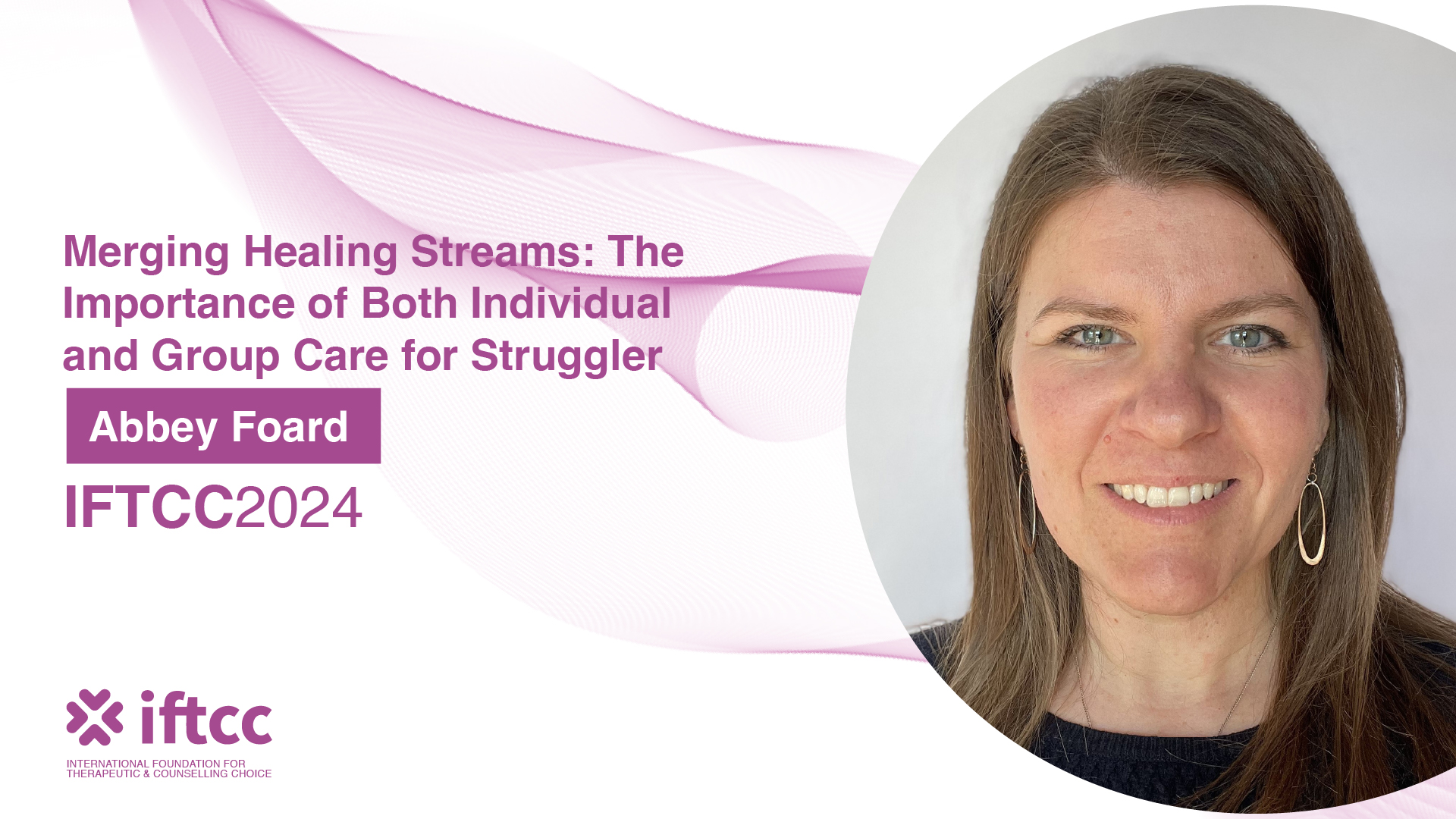
About Course
The increase of a “therapeutic mindset” has lessened social stigma for individuals needing and seeking out mental health care. We can be thankful for the many gains stemming from individualized care, especially as more and more individuals, particularly in the West, have access to skilled therapeutic and psychiatric care. Benefits of individual therapy can include experiences of attunement in real attachment needs, nuanced attention, advocacy and accompaniment. Irvin Yalom describes a therapist as one who lives a “life of service in which we daily transcend our personal wishes and turn our gaze toward the needs and growth of the other.” (Yalom, 2002, p. 256) What is not to appreciate about excellent care coming from an attuned other! We cannot underestimate the power of sound therapeutic help. But is this enough? I suggest that the benefits of individual care can become liabilities without translating this healing into our greater cultural experience (family, church, relationships, workplace, etc.). Therapy can run the risk of perpetuating a certain self-absorption – an over-focus on one’s individual pain at the expense of seeing oneself as a part of a greater community/ context. I would posit that an important element of healing is to become more “outer”-directed, learning to give to/ share with others what he/ she has been given. In this way, group care can assist “being-healed” individuals in their healing process. There is much gain in navigating the challenges of our own struggles alongside other wounded ones. Learning to see and experience our own brokenness alongside the pain, needs, frustrations and gaps of others aids in our own healing and integration. Group care can provide perspective, healthy friction that challenges our self-absorption, and gives opportunities for relational connection and restoration. In the context of a healing community, men and women mature to become more mature expressions of the gifts they were made to be, no matter their “limp” or wounded histories. In this session, we will consider one such offering of group care for the sexually and relationally broken: the Living Waters program, developed by Andrew Comiskey in the 1980’s and refined over the course of the last 40 years. An understanding of Living Waters as a gift for local communities is an excellent supplement to the work of individual caregivers, with the goal of empowering clients and communities to become healing pools for the benefit of all.
Course Content
Content
-
Video Lesson
45:27

